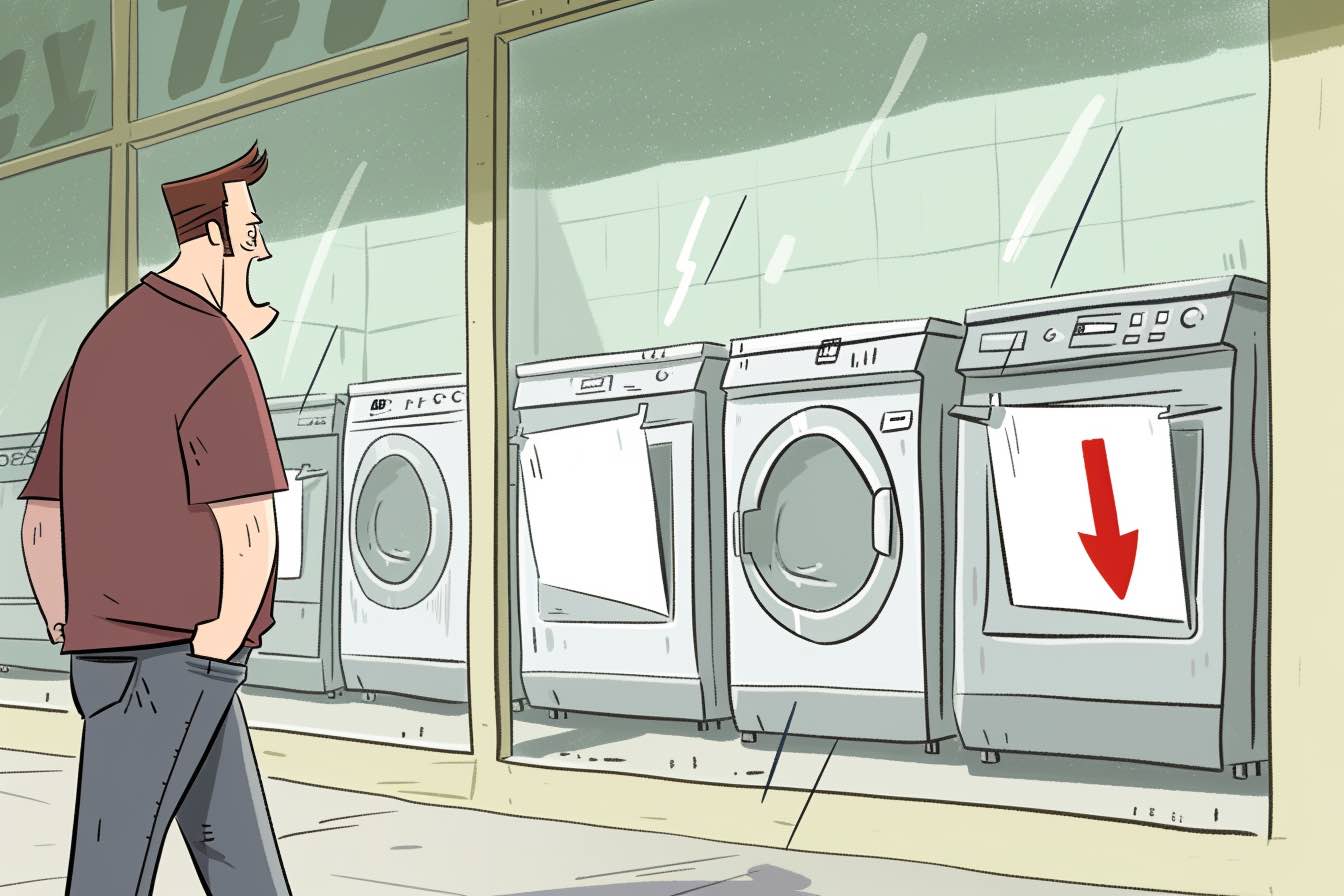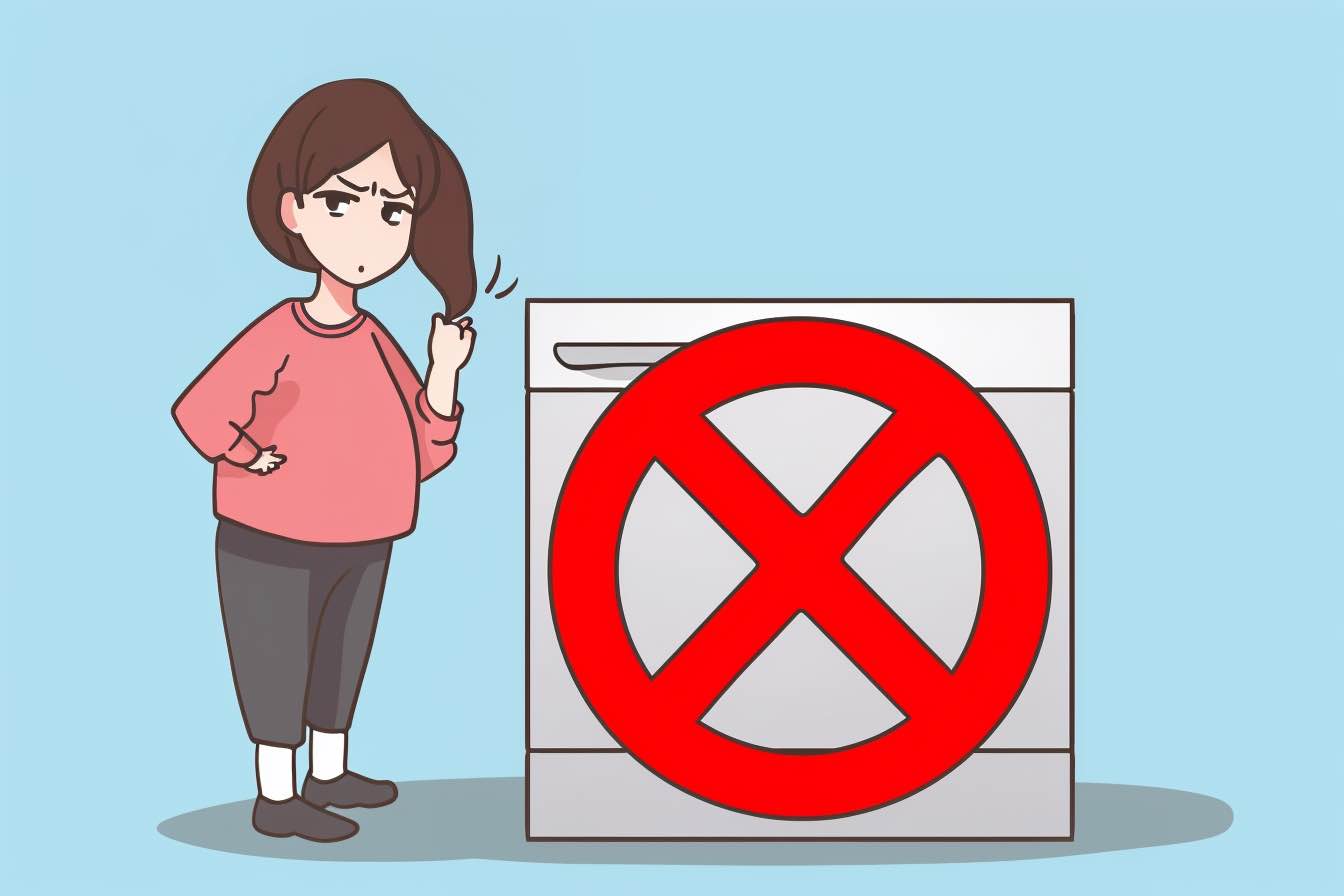If you’re a regular reader of my consumer advocacy columns, you probably already know that the word “free” should trip all kinds of alarms.
If not, don’t worry, I’ll get you up to speed: If you see the word “free” in a product offer, run!
But “free” can be used in another equally important context. Promises to make you “debt free,” for example, can leave you even deeper in the hole. There, too, my advice is identical — don’t walk, flee.
Debt-free, or “last dollar” scams, are, after identity theft, among the most complained-about swindles in America, according to the Federal Trade Commission (FTC). These scams are part of a broad group of cons that can involve selling you promises of a job, a government grant or some other money-making opportunity.
They target the most desperate consumers — people who want to modify their mortgages or save them from foreclosure. (Related: Here’s how to protect yourself from debt collecting scams.)
I deal with scammers every day, and even wrote a book called “Scammed.” But nothing’s quite as evil as taking the last dollar from a consumer. The villains who perpetrate these swindles deserve to be thrown in the darkest dungeon for the rest of their lives. They give false hope to the most desperate among us.
Fortunately, both the FTC and the Consumer Financial Protection Bureau (CFPB) feel the same way. In numerous enforcement actions last year, both agencies cracked down hard on “debt-free” scams. A closer look at their actions suggests there are obvious warning signs that can keep you from falling for these fraudulent offers.
1. The word free
Repeat after me: There’s no such thing. Here’s one “free” government grant scam that cost consumers at least $1.7 million. Say no more.
2. Ridiculous claims
Here’s one company nabbed by the CFPB that claimed its customers would be debt-free “in months.” Instead, it allegedly hit them with fees for services it didn’t perform. A smart customer would have known it was too good to be true.
3. A ringing phone
The scam artists routinely run afoul of telemarketing laws, like this one, which also comes to us courtesy of the CFPB. In other words, they hire armies of salespeople who call your phone after hours and try to talk you into buying their scammy services. The best remedy: Add yourself to the National Do Not Call Registry and don’t answer the phone unless you recognize the number.
4. Pay to play
If, in order to get out of debt, you have to get into more debt, then you’re dealing with a questionable operation. Case in point: this company, which was targeted by federal and state authorities for charging illegal up-front fees. If it seems to you that the money is flowing in the wrong direction, then you’re in good company. Looks like the government watchdogs agree with you. Don’t fall for it.
Truth is, the path of the scammed is littered with warning signs beyond these four “gotchas.” Are they obvious? In hindsight, yes. Can the average consumer see them with a little practice? Absolutely. (Here’s how to fix your own consumer issues.)
There are no shortcuts to zero debt. If you’re in over your head, contact your state attorney general or a reputable credit counseling service for help. Neither of these entities will call your phone at dinnertime with an offer that’s hard to refuse. Neither will offer an easy way out. But they will help you.




